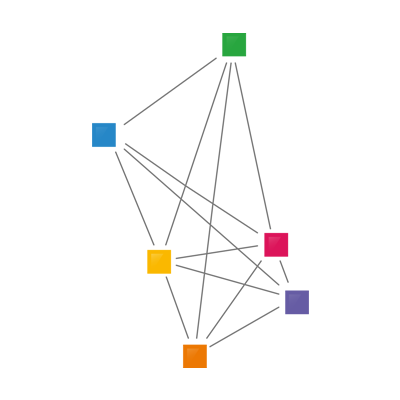Blockchain and regulation: Perspectives from international markets
4 Apr 2019 12:45h - 13:00h
Event report
[Read more session reports and live updates from the 2nd Western Balkan Digital Summit]
Mr Greg Medcraft (Director, Directorate for Financial and Enterprise Affairs, Organisation for Economic Co-operation and Development (OECD)) spoke about developments in the field of blockchain and the role of regulators. He noted that blockchain is in its infancy: while there are multiple blockchain applications in place and challenges are addressed all the time, technological maturity is still several decades away. Moreover, the policy environment for blockchain is largely unformed. As laws and regulations influence the direction of innovation, an appropriate regulatory framework for blockchain will require positive action and considerable effort to get right.
Medcraft then presented two case studies reflecting regulatory and technological issues from blockchain applications and Initial Coin Offerings (ICOs). In the first example, concerning blockchain in equity markets, he observed that blockchain does not address many of the key challenges and that, although it has potential for other capital market activities, the technology is not sufficiently mature. In the second example, several ICO risk market failures were observed, such as conflicts of interests, information asymmetries, and unclear tax requirements.
The OECD sees benefits to ICOs and many regulators are clarifying rules to address some of the associated regulatory issues. Regulatory certainty is critical if we want to get to a mainstream use of ICOs. But regulation is happening at different speeds and we now have a patchwork of international rules that threatens to create opportunities for arbitrage. This is a global market, but it needs a proper framework that people can rely on and trust.
In the last part of his presentation, Medcraft outlined several emerging lessons for regulators:
- To focus on market fundamentals, including orderly financial markets (which means financial stability), business regulation, consumer protection, and market efficiency.
- To utilise existing rules and recognise that market issues raised by new blockchain-based products or business models may be already covered elsewhere.
- To note that regulatory certainty is important, but is a fine balance: if new rules are needed, take the long view, use principles and be tech-neutral.
- To build capacity and understanding of blockchain and other new financial technologies in regulators. This will allow authorities to respond appropriately and not rush into interventions that might not be necessary and have unintended consequences. It is important to learn about the technology before you respond to it.
- To cooperate internationally, between jurisdictions. Cooperation helps different jurisdictions to learn from one another and to arrive at common regulatory approaches, to avoid regulatory fragmentation and arbitrage.
To conclude, Medcraft reminded participants that OECD stands ready to support regulators through providing research, advice and guidance; offering platforms for discussions, such as the annual Blockchain Policy Forum; and building capacity and providing technical assistance.
By Sorina Teleanu
Related event

